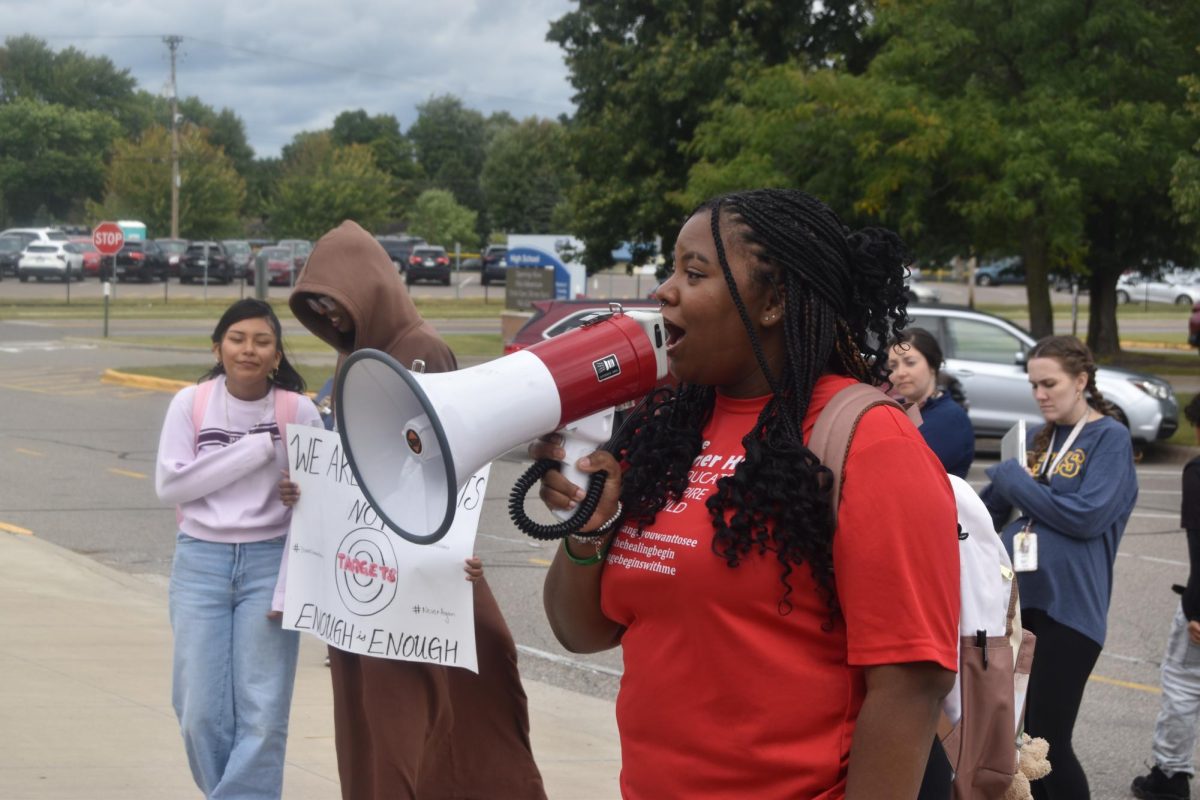Since his inauguration this winter, President Donald Trump’s leadership decisions have caused great dispute among Americans. Amidst the most controversial choices so far is his prioritization of censorship in various forms, including the administration’s attempt to eradicate topics and initiatives concerning diversity, equity and inclusion (DEI) from government websites and agencies—not to mention threatening private businesses that refuse to fall in line.
On March 7, the New York Times published a list of over one hundred words (including “advocacy,” “gender” and “prejudice”) that the U.S. government began removing from official websites, documents and memos. This onslaught, many first amendment proponents have pointed out, of mass censorship contradicts the President’s former actions to preserve freedom of speech. Additionally, the change of language highlights a new government standard when it comes to diversity and inclusion—a change that some have called discriminatory.
The Trump administration’s crackdown on language (and thus marginalized voices) is more than just a superfluous, performative attempt to suppress certain types of rhetoric, though, many fear; it is having major real-world consequences. This censorship affects websites like the Centers for Disease Control (CDC) and the National Institute of Health (NIH), which many doctors rely on for up-to-date, trustworthy information. The fear of not being able to access reliable, uncensored information has left many American doctors scrambling to archive the untouched research while others make bold demands that the departments restore access to the data.
“I think that censorship [like this] will have a major impact on the way we communicate and spread information, which will only further the literacy crisis we are facing in this country,” Cathy Snow (11) said.
The LGBTQ+ community is among one of, if not the most affected by these policies. Over 350 official web pages have had information containing mentions of queer identity removed. LGBTQ+ folks being censorship targets is unsurprising, as republican politicians have been working to ban books, mentions of sexuality in the classroom or even forms of performance art that are centered around queer identity. Legislation like this has been found to cause negative impacts on the well-being of queer youth, even going as far as to indicate higher suicide rates amoung transgender and non-binary teens and young adults.
One concern that Republican politicians often cite is protecting the youth of America from an ideology they view as harsh. However, non-profit organization American Oversight found that curriculum censorship, especially in an extreme manner, can actually cause more harm than good. Free speech advocates have also noted that classroom censorship in right-leaning states like Florida and Texas is hard to see as not politically motivated, especially now with Trump’s encouragement of similar action at a federal level.
“I think censorship is a cowardly way to silence voices that you disagree with,” Columbia Heights High School English teacher Ms. Rachel Mann said. “That type of information restraint has no place in the classroom where we are supposed to be exposed to diverse perspectives and experiences.”
The Trump administration has seemingly doubled down on this censorship with the recent passing of the “Take it Down Act”, a bill proposed with the purpose of removing non-consensual explicit imagery but many fear may be used for unjust censorship. Due to the unspecific nature of the bill, many fear it could be cited to remove online content that criticizes the current administration or pushes ideas that they do not agree with, although there is a lack of hard evidence proving this as the case.
All-in-all, the future seems uncertain. The effects of this new censorship, both positive and negative, can be hard to predict, but even the Trump administration seems to be at odds with itself, supporting free speech and the ability to think critically.









